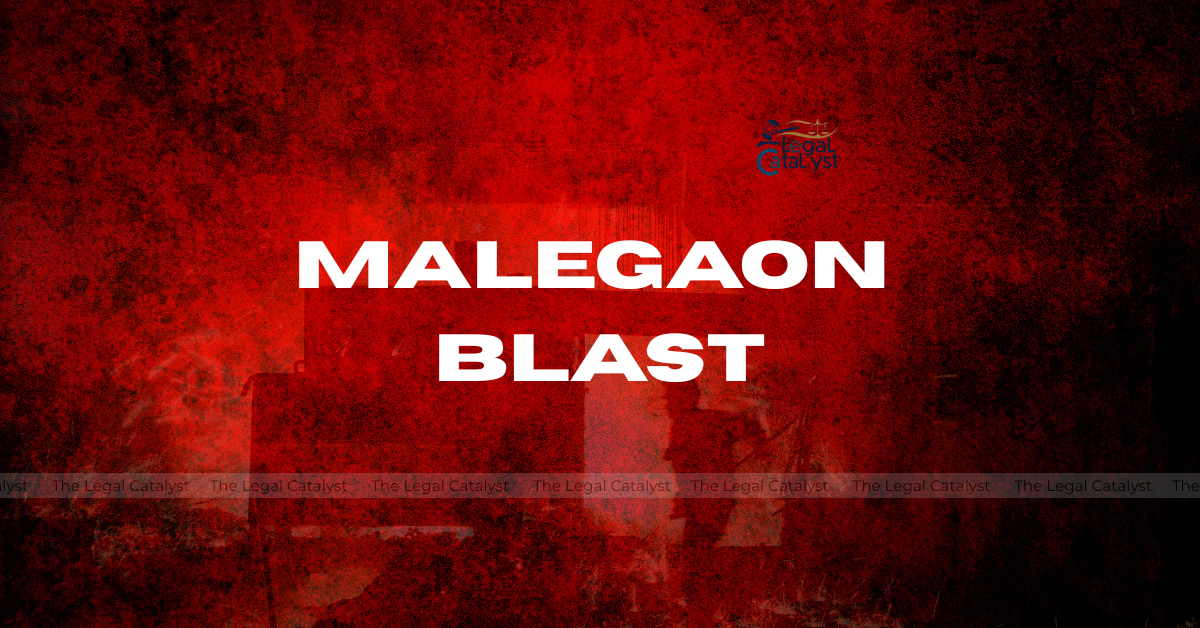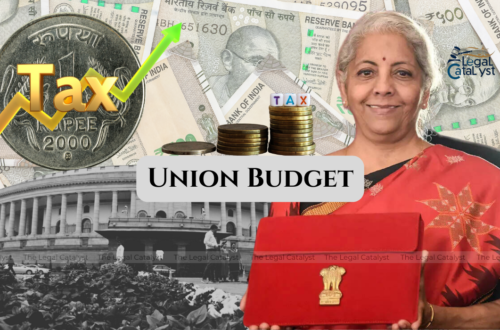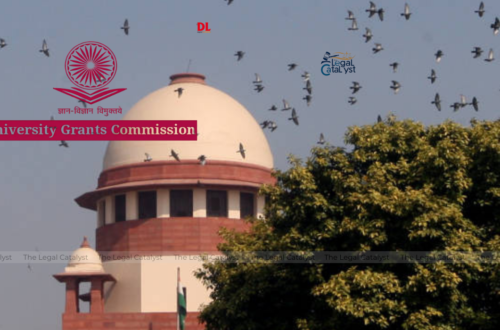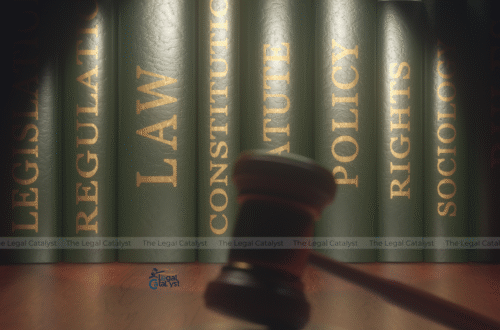A Special National Investigation Agency (NIA) Court in Mumbai has acquitted all seven accused in the 2008 Malegaon blast case, including former BJP MP Pragya Singh Thakur and Lieutenant Colonel Prasad Purohit. The court held that the prosecution failed to provide credible, admissible, and legally acceptable evidence to support the charges.
The blast, which occurred on September 29, 2008, in Malegaon, Maharashtra, resulted in six deaths and injuries to over 100 individuals.
Court’s Observations
In a detailed judgment, Special Judge AK Lahoti concluded that:
“The prosecution has failed to adduce cogent, reliable, and legally acceptable evidence… Witness testimonies were riddled with inconsistencies and contradictions that undermine the credibility of the case.”
The accused were acquitted of charges under:
- Sections 120-B, 153-A, 302, 307, 326, 324, 427 of the IPC
- Sections 16 and 18 of the Unlawful Activities (Prevention) Act, 1967
- Sections 3, 4, 5, and 6 of the Explosive Substances Act, 1908
Accused, Allegations, and the Court’s Findings
1. Pragya Singh Thakur
Allegations:
- Provided a motorcycle used in the bombing.
- Attended conspiracy meetings in Indore and Ujjain.
Court’s Findings:
- No conclusive proof she owned or controlled the motorcycle at the time.
- The vehicle was reportedly in possession of absconding accused Ramji Kalsangra.
- No reliable evidence of her participation in conspiracy meetings.
- Witnesses either retracted or cited coercion.
- NIA itself had exonerated her in its supplementary chargesheet.
2. Major (Retd.) Ramesh Shivji Upadhyaya
Allegations:
- Attended conspiracy meetings.
- Possessed a laptop with incriminating material.
Court’s Findings:
- Seizure of laptop was mishandled.
- No proper certification of electronic evidence.
- Voice sample analysis was inconclusive and inadmissible.
- Call records were improperly documented and unsupported by primary testimony.
3. Sameer Sharad Kulkarni
Allegations:
- Booked a hall for meetings.
- Sent incriminating messages.
- Involved in financial logistics.
Court’s Findings:
- No identification by the hall manager.
- Handwriting on booking forms wasn’t analyzed.
- Doubts over the authenticity of the electronic message.
- Financial allegations lacked evidence.
4. Ajay Eknath Rahirkar
Allegations:
- Received funds via Angadiya service for the blast.
- Participated in conspiracy meetings.
Court’s Findings:
- Witnesses contradicted prosecution narratives.
- Seizure and arrest procedures were flawed.
- Handwriting specimens and expert testimony lacked procedural integrity.
5. Lt Col. Prasad Shrikant Purohit
Allegations:
- Procured and stored RDX.
- Attended multiple conspiracy meetings.
Court’s Findings:
- No trace of RDX found at his residence.
- No evidence proving his posting in Kashmir (alleged source of RDX).
- Witnesses either turned hostile or did not implicate him.
- Money he received from Kulkarni was for private use, not terrorist activity.
- Electronic evidence was ruled inadmissible.
6. Sudhakar Dhar Dwivedi (Swami Amrutanand Devtirth)
Allegations:
- Attended conspiracy meetings.
- Received a laptop containing incriminating evidence.
Court’s Findings:
- Witnesses contradicted each other.
- Alleged laptop seizure not properly recorded.
- Voice sample lacked admissibility certifications.
7. Sudhakar Chaturvedi (Chanakya Sudhakar)
Allegations:
- Assembled the bomb at his house.
- Possessed RDX traces at the location.
Court’s Findings:
- House was not under his exclusive control.
- RDX traces were “minute” and inconclusive.
- Investigators failed to seize the house lock.
- Sanction for prosecution under Explosives Act granted mechanically.
- Overall evidence was insufficient.
Key Judicial Takeaways
- Evidence Collection Flaws: Major procedural lapses in seizure, witness handling, and documentation weakened the prosecution’s case.
- Witness Credibility Issues: Multiple witnesses either turned hostile, denied involvement, or alleged coercion.
- Electronic Evidence Dismissed: Several pieces of digital evidence were excluded due to lack of certification under Section 65B of the Evidence Act.
Broader Implications
This verdict raises significant concerns about investigative accountability, the credibility of evidence, and the use of anti-terror laws. It also revives public debate. The debate centers around the politicization of terror investigations. This is due to the high-profile nature of the accused and the prolonged legal process.
Connect with us on Instagram – X – LinkedIn for daily updates, quizzes, and other materials.
Also Read
Prajwal Revanna Convicted in Rape Case, Sentenced to Life Imprisonment






